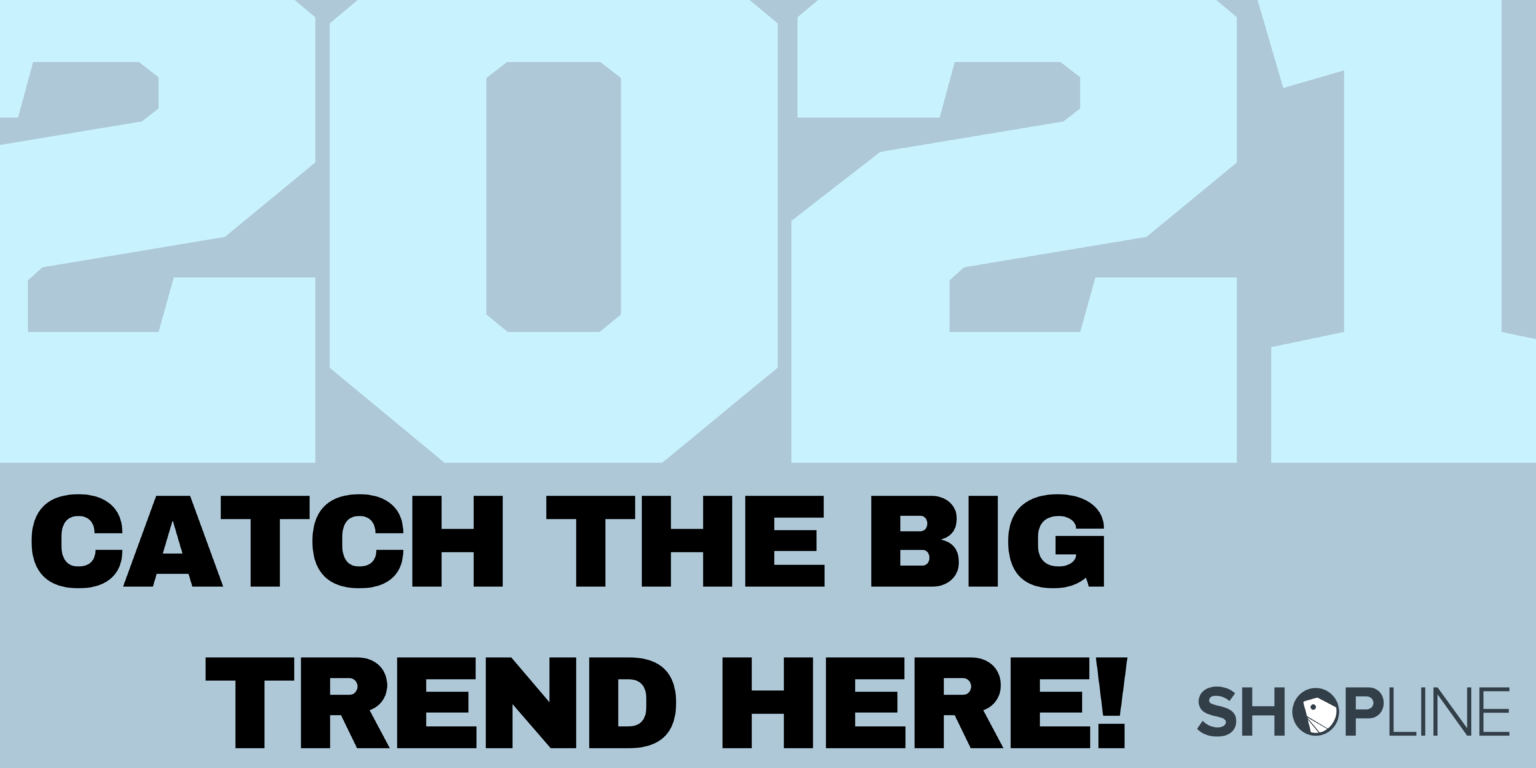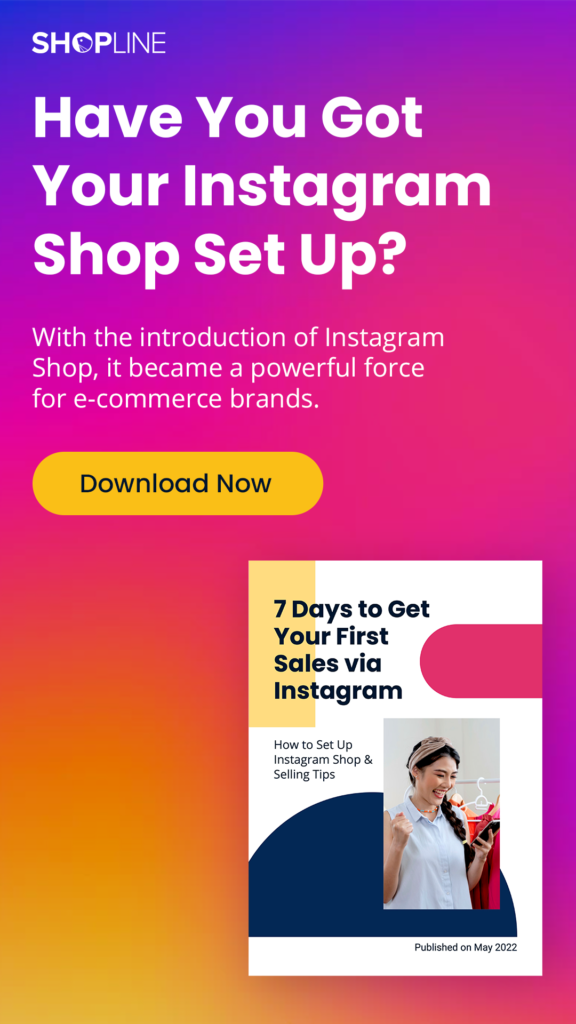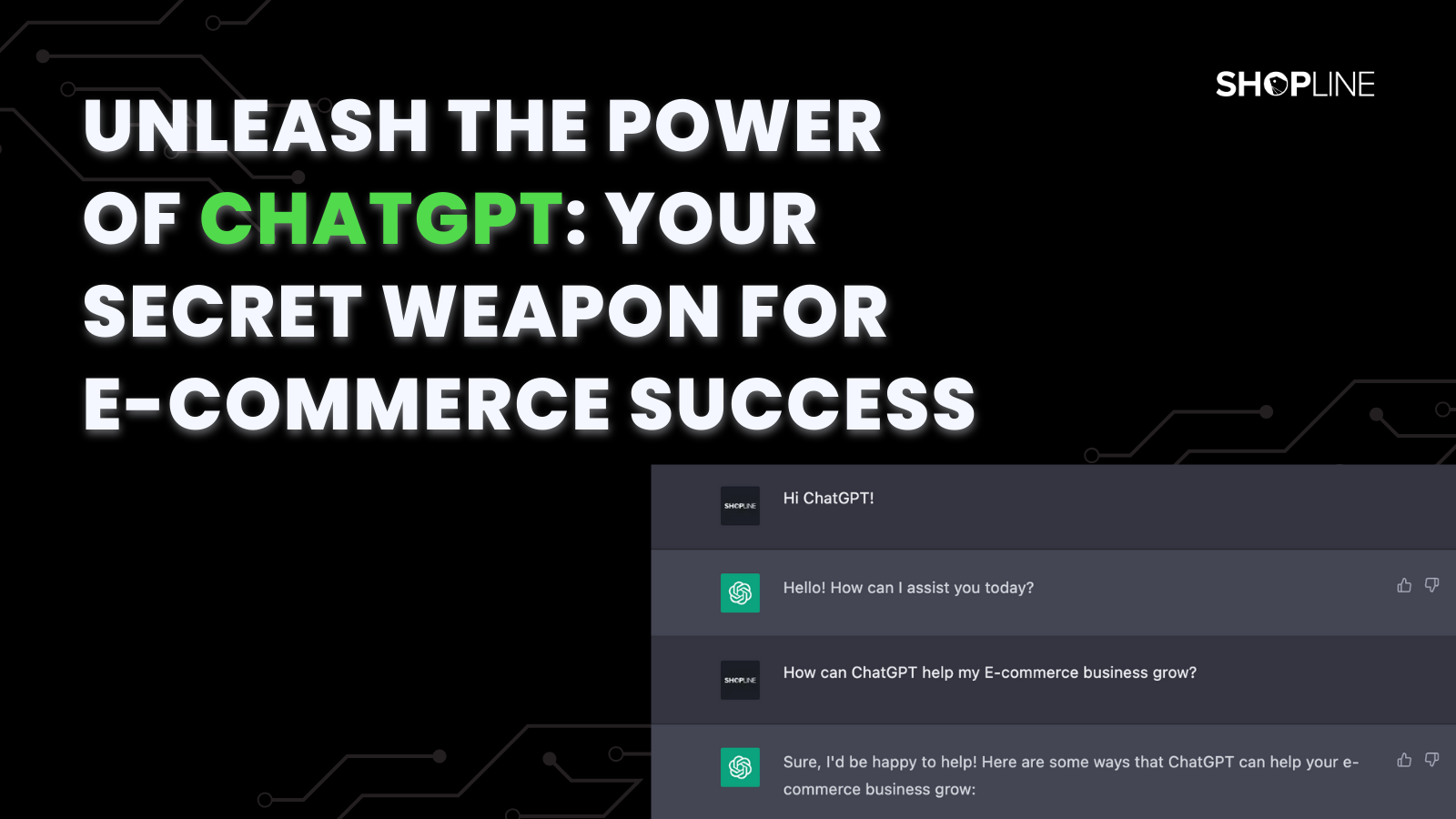2020 is FINALL over and here comes the predictions again when online shopping activities have become even more frequent in the world under COVID-19. There’s no doubt that during this period, brands will be enjoying customers flooding in your store and sales increasing. However, what happens when the pandemic is over? How can brands remain attractive to customers all-year-around with new marketing initiatives?
e-Commerce trends to watch out in 2021, and why?
We hope this useful guide can prepare you for the upcoming 2021 calendar year. Moreover, keep your e-Commerce business competitive and profitable all year. Brands and merchants are somewhere along the path of digital transformation and trying to keep up with the fast-changing nature of communications with their audience. However, there are many internal and external challenges, and we hope these trends we mentioned below can help merchants get a heads up of the trends and start planning!
1. Consumer Trust Will Build Through Product Videos
According to a study, 46% of consumers have purchased an item by watching a product description video.
If you have been on crowd-funding websites before, you will notice that almost every product has a short demo video to introduce the brand and its product features. A video gives a better understanding of the product and increases the customers’ trust. Some videos demonstrate how to use the product and the benefits you can get from it — urging users to make a purchase. Moreover, eCommerce product videos have evolved to be a more engaging, immersive, and 360-degree shopping experience.
2. Personalization
Although personalization was emphasized in many fields of marketing, such as inbound marketing, email marketing, and more for years. It has never been more critical in this digital era. Compare to traditional brick and mortar shopping, eCommerce stores lack face-to-face personal interaction. Online stores do not have a retail salesclerk who can greet and suggest products based on your interest, taste, and personal preferences.
To mimic this experience, merchants should leverage personalization opportunities throughout the shopping journey.
3. Chatbot Messenger Ordering System or Conversational commerce
Messaging platform such as Facebook Messenger, WhatsApp, and more have allowed people to discover and purchase products or services via a dialogue, such as ordering food. The idea is that users can chat with organizations to get information, answer questions, and transact through Messenger. However, this can be challenging for brands since the brands’ chatbot must be designed closely aligned with the messages delivered by emails and SMEs, as well as by phone or at point of sale.
4. The Rise of Social Commerce
Despite recent controversies around big social media players and their practices in handling personal data, social media will continue to grow. We have had the company of social media for over a decade and there is no way we can get rid of them. In 2021, people’s attention will remain on social media, just more scattered across different platforms. Brands, therefore, need to find some new ways to market themselves.
Social media have gone pass the time when they were merely the tools to connect people, now, you can use TikTok to participate in Challenges initiated by brands or singers, use Facebook to shop, or even apply for a job! Just last year, SHOPLINE launched its 3 new features – Livestream Commerce, Chatbot and Message Center, which are built to enable merchants to catch the trend and scale faster via social media. What are you waiting for? Click here to try for 14days!
5. Immersive Commerce or iCommerce
Immersive Commerce is an extension of e-Commerce that centers on improving buyer experience. By using advanced digital technology to design virtual smart shops from existing brick and mortar locations. Some brands would create and customize branded showroom environments, which showcase product catalogs, new collections, with AR or 3D visualization.
An example could be a virtual shop, and your customers can view 3D images of all products, and walk around the aisle and racks to check out the store and products. Moreover, if you sell clothes, you can create a virtual fitting room, where customers can stimulate how clothes or accessories would look on them.
Conclusion
Are you a FOMO(Fear of Missing Out) person? Do you always check out latest trends trying to catch up with the world? Today’s e-commerce world is extremely competitive and as a company owner who hates being slow, you might have information overload. In fact, you don’t feel like you have to try these all, more importantly, take a step back and think about which way is the best way for your company.





